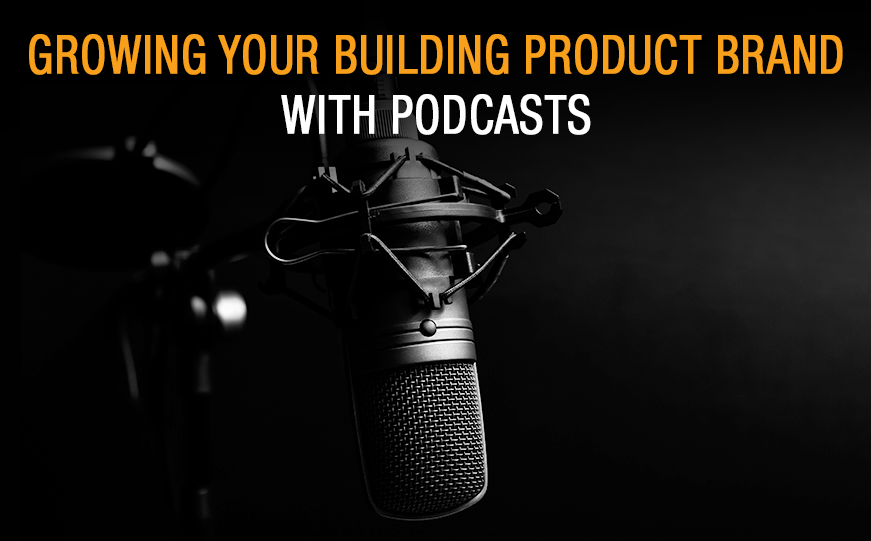The value of influencer marketing in today’s media landscape can’t be overstated. Influencers enable building product brands to reach a wide range of audiences… with a message that is perceived as an authentic endorsement — in comparison to ads — which are less likely to be trusted.
Consider that the Influencer Orchestration Network (ION) reported that, on average, each dollar invested in influencer marketing generated a six hundred and fifty percent return in sales. The same study showed that 71 percent of consumers are more likely to purchase a product after seeing a recommendation on social media.
With stats like this, it’s not surprising that a majority of brands use — or plan to incorporate — influencers in their marketing plans.
One of the most common types of influencers is bloggers. A recent BlogHer study noted that 81 percent of online audiences trust blogger recommendations. And that 61 percent ultimately purchase… an endorsed product.
While television personalities and social media celebrities undoubtedly provide a great deal of influence, podcasters are following closely behind. In fact, a growing number of home and building product manufacturers are participating in podcasts as a key strategy to “influence the influencer.”
Why Podcasts Matter to Marketers
Influencers earn their title because they have built loyal and adoring audiences. And podcasters are no exception. In this age of “all things streaming,” 57 percent of Americans said they have listened to a podcast. Nielsen studied the reasons for engaging in podcasts and found that 68 percent of listeners tune in… to learn something new.
According to Infinite Dial, podcast listeners tend to finish 80 percent of an episode. That’s impressive, considering the average podcast is 39 minutes in length. And isn’t it reassuring to know that audiences are often “very open” to hearing from brands?
Super Listeners discovered that nearly two-thirds of podcast followers appreciate, and welcome, podcast-brand partnerships… as they understand that advertisers tend to actively support their favorite audio-delivered programs. Notably, 45 percent of those same listeners believe the hosts personally “use the services and products” mentioned on the podcast.
In addition — because they are simply digital audio files — podcasts are relatively inexpensive to produce… when compared to television spots and videos. Once created, a podcast easily can be uploaded to a streaming application. And listeners can download it to their personal device… for listening at their convenience.
What’s more, podcast recordings can be shared on company websites. Delivered within e-blasts and e-newsletters. As well as leveraged on social media platforms. All of which enables brands to amplify this content — while tracking audience engagement metrics. Remember the first rule in marketing: If you can’t measure it… it didn’t happen!
Opportunities Abound
Building products, cabinetry and appliance manufacturers that work with the design-build community will find no shortage of relevant podcasts in which to participate.
In fact, a growing number of interior designers, builders and contractors host podcasts. Which provides ample opportunity for home and building product marketers to share their products with consumer audiences. And, as well, to target channel specifiers and other industry professionals.
As more homeowners seek to improve their homes, DIY podcasts — typically hosted by seasoned contractors and handymen — are also increasing in popularity.
During the pandemic, many marketers have revisited how they are allocating their budgets and are expanding their influencer marketing efforts… which has had a positive impact on branded podcasts. And according to media industry community experts, including AdAge, podcast partnerships should be included as a portion of any robust influencer marketing strategy.
Build Credibility
Building product marketers who participate in an interview on an industry podcast can gain significant brand exposure. While demonstrating valuable “thought leadership.”
Fortunately, podcasters who work within the building industry are often motivated to welcome an expert opinion leader to their programming… who can share relevant information with captive audiences. And, since an earned-media interview tends to provide more credibility than a paid spot — podcasts bring considerable value to the marketing mix.
And why not? The highly personal and immersive storytelling that podcasts provide… can grab listeners. And hold their interest. In a world where society is bombarded with a constant influx of information competing for our attention, that’s worth a lot.
Be Prepared
An appearance on a podcast can be performed remotely with the same basic technology used for Zoom or Teams meetings. Or instead, in front of a broadcast microphone in a podcaster’s studio.
Before the interview, it’s important for the marketing team to prep an interviewee… by providing focused “sound bites” in the form of talking points. Consult with the sales team to make sure messaging accurately addresses the challenges — and pain points — audiences may encounter in the field… while providing authentic, accessible solutions.
We like to share these talking points with the podcast host in a pre-show orientation prior to the recording… to best frame expectations. And we recommend a “dry run” practice session with the interviewee to ensure they’re educated about all unique product differentiators. And particularly comfortable with the content.
Need some help in securing a podcast interview or developing strategies for influencer campaigns? Send an email to Steve Kleber at sk@kleberandassociates.com.




